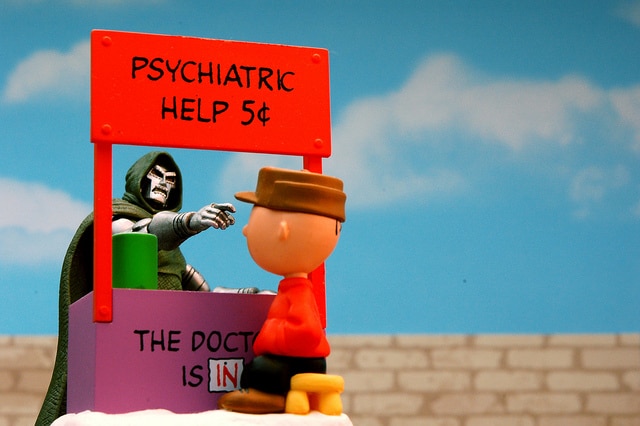The truth is we all have hidden expertise we don’t think about. There’s something you do regularly you know more about than most of your friends.
Hidden within that expertise you consider mundane is a story the rest of the world has yet to hear.
At The Write Practice, we publish a new article each day designed to help writers tackle one part of their writing journey, from generating ideas to grammar to writing and publishing your first book. Each article has a short practice exercise at the end to help you immediately put your learning to use.
Check out the latest articles below or find ones that match your interest in the sidebar.
And make sure to subscribe to get a weekly digest of our latest posts, along with our free guide, 10 Steps to Become a Writer.

The truth is we all have hidden expertise we don’t think about. There’s something you do regularly you know more about than most of your friends.
Hidden within that expertise you consider mundane is a story the rest of the world has yet to hear.

On the recommendation of a coworker, I started reading Ken Follett’s Century Trilogy. The books are apparently known for Follett’s meticulous historical research, but when I first opened Fall of Giants, I was wondering why no one had warned me about the seven-page list of characters.
Seven. Pages. Of character names.

What’s the most important element in a piece of writing? Is it the plot, the characters, descriptions, dialogue, or the style? Obviously, you can’t single out only one. A powerful work succeeds in combining all of them in a unique mix producing a master creation.
A mundane theme can be saved by a great writing style; poor dialogue can be replaced with a fantastic storyline, and descriptions can be skipped altogether if it’s not your cup of tea. Undeveloped characters, however, are not to be hidden or overlooked by anything else. So, how do you build a strong character?

I love memoir, always have. Anne Lamott, David Sedaris, Annie Dillard, even Stephen King. There’s something magical about the ability to transform ordinary circumstances into beautiful scenes that teach a deeper truth.
Twenty years ago, it seemed the only people qualified to write memoir were the incredibly famous and the I’m-so-disgustingly-rich-I’d-better-write-a-book elite. The rest of us had better keep our mouths shut… or turn our life’s story into a novel.
But recently, more “normal” people are writing powerful reflections on everyday life. So what’s to stop you and me from joining them?
PRACTICE
Write a story or scene involving money.
Write for fifteen minutes. When your time is up, post your practice in the comments section, and if you post, please be sure to leave feedback for a few fellow practitioners.
Happy writing!
This past weekend, ABC Family had a Harry Potter marathon. My roommate recorded the first part of the Deathly Hallows, and we’re watching it now as I’m writing. It’s oddly fitting that the close of this discussion of heroes, villains, anti-heroes, and anti-villains happens while watching a film of the series that encompasses basically every shade of hero and villain that we’ve covered.
After about a year of contributing to The Write Practice, today’s post is my last one.
With a new baby due to arrive in the next couple of weeks, I’m wrapping up my time as a regular contributor—and as with any turning point, it feels like a good time to reflect on what I’ve learned.
There’s nothing original in the world. Good writers are always stealing ideas from each other and recycling stories. It’s expected. And it’s natural.
I don’t have a very big DVD collection, but one of the discs on my shelf is Catch Me If You Can. I really enjoy this movie, for a few reasons. I love anything that is based on a true story, plus you really can’t go wrong with Leonardo DiCaprio and Tom Hanks. Come on now.
By nature of the story content, you have a pair of characters who are on opposite sides of the law, but they’re both painted as sympathetic characters. DiCaprio’s Frank Abagnale, Jr. is clearly meant to be the one whom the audience sympathizes with, but Carl Hanratty, played by Hanks, is the man on the right side of the law. He’s clearly the anti-villain to DiCaprio’s anti-hero.
What other degrees of anti-villains are there?
The stereotype goes that writers are introverts – lonely, secluded souls who spend their days exclusively with their words. As much as this holds true for many, it doesn’t cover the whole bunch. Whereas some need to travel away and shut themselves down in order to focus on the project at hand, others thrive in environments full of people, jotting down their thoughts in cafes and bars.
There is, however, a third category for the luckiest of all – those who strike a balance between these two extremes. They call them ambiverts.